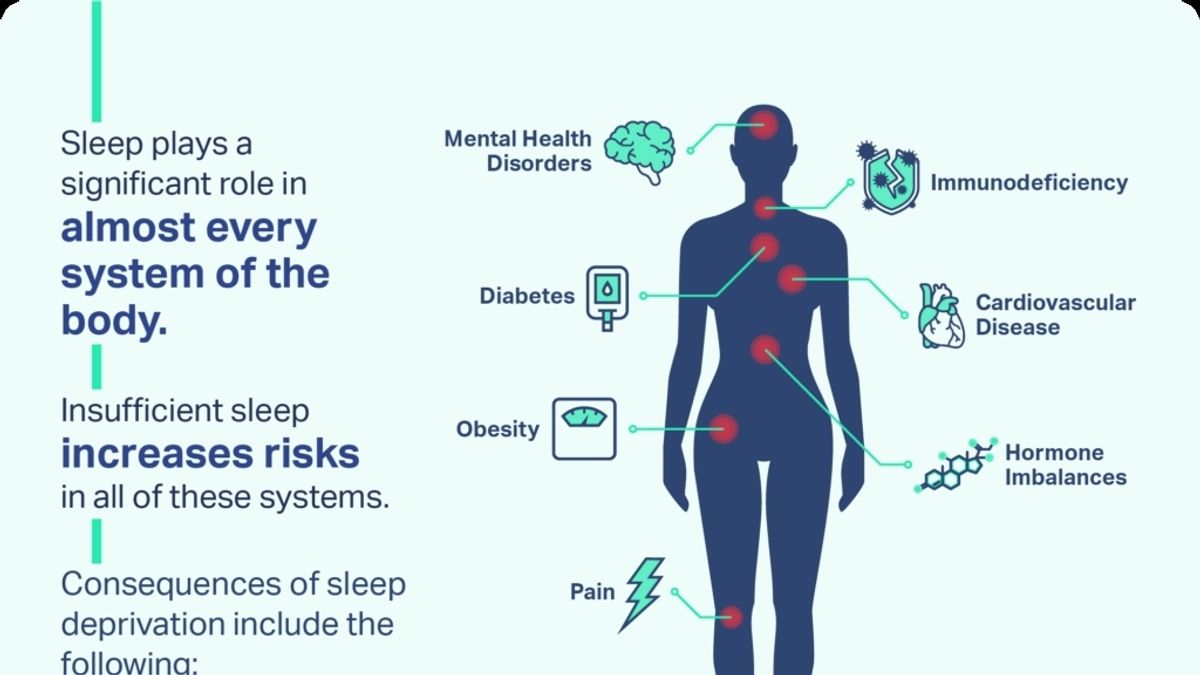
A groundbreaking study reveals that getting less than six hours of sleep might significantly increase the risk of developing type 2 diabetes, challenging the notion that a healthy diet alone can safeguard against such chronic diseases. Researchers from Uppsala University in Sweden conducted a comprehensive analysis involving nearly 250,000 UK adults, unveiling a stark 16% rise in diabetes risk for short sleepers despite their dietary habits.
Unveiling the Sleep-Diabetes Connection
The study, detailed in JAMA Network Open, delves into the intricate relationship between sleep duration and diabetes risk. It categorically states that individuals sleeping between three and four hours per night are at a 41% heightened risk compared to those enjoying seven to eight hours. This data underscores the critical role of adequate sleep in metabolic health, positing it as an essential component of disease prevention alongside diet and exercise.
Challenging Conventional Wisdom
The revelation that even those adhering to a healthy diet are not immune to the risks posed by inadequate sleep adds a new dimension to our understanding of diabetes prevention. Prioritizing sleep, therefore, emerges as not just beneficial but necessary for maintaining optimal health. The findings also prompt a reevaluation of lifestyle recommendations for diabetes prevention, suggesting that strategies solely focused on diet and physical activity may need to be broadened to include sleep hygiene.
Implications for Public Health
This research has profound implications for public health strategies, highlighting the need for a holistic approach to chronic disease prevention. By illustrating the significant impact of sleep on diabetes risk, it paves the way for integrated lifestyle interventions that emphasize the importance of sleep. Moreover, these insights could inform future guidelines, encouraging individuals to adopt a more comprehensive approach to health that equally values diet, exercise, and sleep.
The findings from Uppsala University serve as a critical reminder of the interconnectedness of lifestyle factors in determining health outcomes. As we move forward, embracing a balanced approach to health that includes ample sleep might be our best defense against the rising tide of type 2 diabetes.
